Trade Related Intellectual Property Rights (TRIPs) and the agreement on agriculture, both part of the World Trade Organisation (WTO), have critical implications regarding food security and the right to livelihood for most developing countries. This is because the vast majority of the peoples of these countries derive their food entitlements primarily by producing food themselves. This important volume explores many important facets concerning the inter-linked issues of globalisation, the environment, livelihoods and food security in the developing world. The contributors maintain that the sustainable use of natural resources such as land and water requires that their ownership lie with decentralised agricultural communities. This is the optimum way to generate employment, provide food and conserve natural resources while protecting agricultural biodiversity. They argue that globalisation, particularly as expressed through the WTO, is conversely threatening the very foundations of Third World agrarian economies and hence could condemn millions of small and marginal farmers to perpetual poverty while seriously damaging the environment and biodiversity. The contributors call for immediate action in order to halt the march of the forces of globalisation which are manifested in many ways including large-scale farming, agribusiness, the entry of multinational corporations, the patenting of plants and seeds, and the demand that Third World governments end subsidies to agriculture and close down public distribution systems. The essays are grouped in six sections: Globalisation and food security. The impact of trade liberalisation. Corporatisation of agriculture. Globalisation of food insecurity. Corporate monopolies on life. Food rights and food responsibilities. The impact of globalisation is demonstrated through revealing case studies drawn from India, Pakistan, Sri Lanka and Latin America. Covering a wide range of issues crucial to the very survival of millions of the world’s poor, this forcefully argued volume constitutes an important contribution to on-going debates. It will attract the attention of all those—particularly students, scholars and activists—who are interested in agricultural economy, the impact of globalisation, food security, the environment, and development issues.
Sustainable Agriculture and Food Security: The Impact of Globalisation
In stock
Free & Quick Delivery Worldwide
reviews
Bibliographic information
Title
Sustainable Agriculture and Food Security: The Impact of Globalisation
Author
Edition
1st Ed.
Publisher
ISBN
761995439
Length
513p., Tables; Figs; Illustration; 23cm.
Subjects

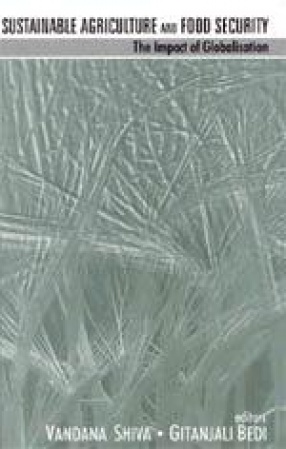
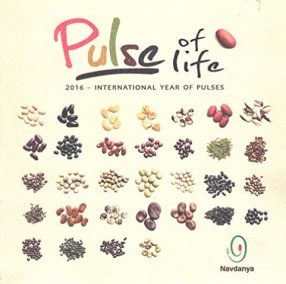
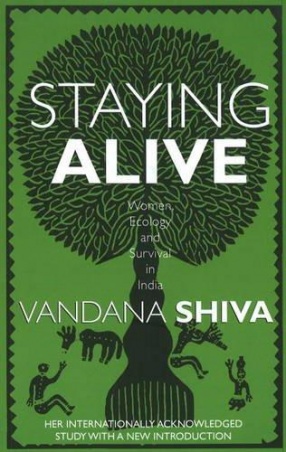
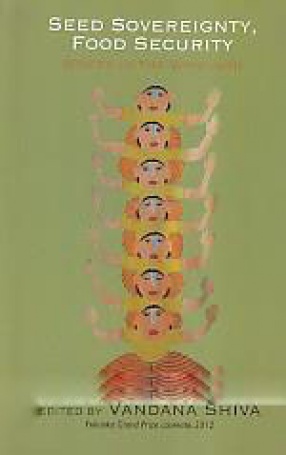

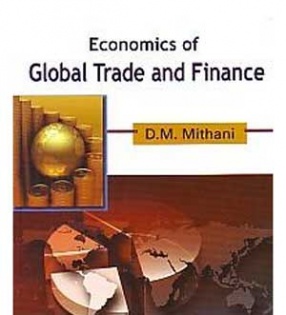

There are no reviews yet.